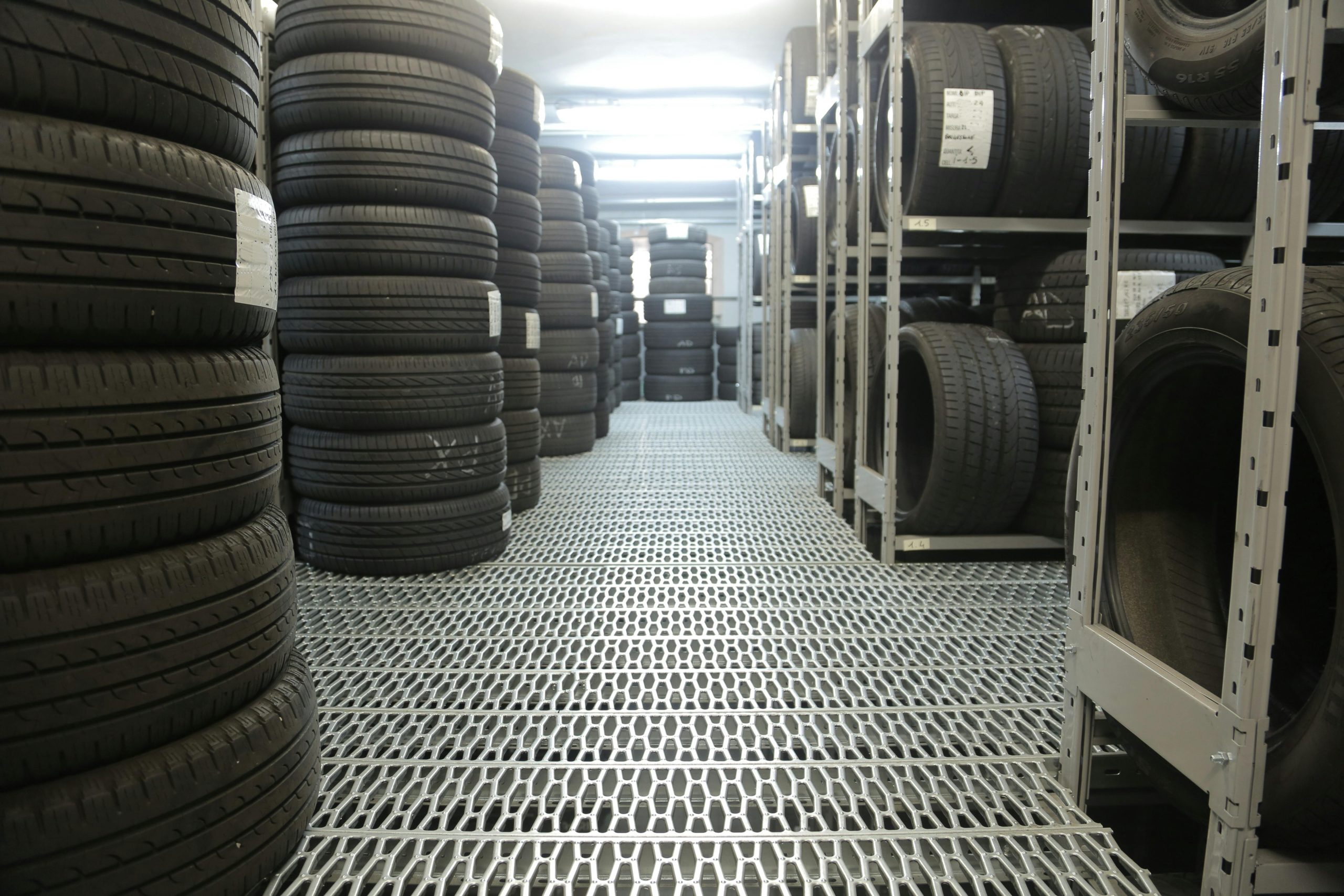Considering switching from Allstate to Amica in Georgia? I have some questions for you, especially regarding other companies.
I’ve had no claims in the past 12 years with Allstate, but I’ve heard their home claims can be quite challenging. On the other hand, I’ve come across positive feedback about Amica.
Currently, I carry homeowners insurance, two auto policies, and an umbrella policy.
While I could reduce my auto insurance significantly, my homeowners premium would double, resulting in roughly a wash before accounting for the Amica dividend payment.
Here are a few questions I have:
1. What do you use to determine the replacement cost of your home?
2. Do you adjust your calculation if your policy includes an overage waiver? My Allstate has a 20% waiver, while the quote from Amica includes a 30% waiver.
3. Is there any reason to cover additional structures if I don’t have a fence or any outbuildings?
Are there other insurance providers worth considering? Given Amica’s competitive auto rates, it might be beneficial to separate my homeowners policy if we decide against bundling.




It’s great to hear that you’re considering your options for insurance, especially after a long history with Allstate. Here are some thoughts on your questions:
Calculating Replacement Cost for a House: You can use various tools to calculate your home’s replacement cost, including online calculators offered by many insurance companies or industry rate guides. These typically take into account factors like the square footage, type of construction, local building costs, and specific features of your home. It’s also a good idea to consult with a local real estate agent or appraiser for a more accurate estimate tailored to your area.
Changes to Calculation with Overage Waiver: If your current policy has a 20% overage waiver and Amica offers a 30% waiver, you might calculate your replacement cost slightly higher with Amica as it gives you more cushion in case of a claim. It might be worth ensuring that the replacement cost aligns with the current market conditions and rebuild costs in your area, particularly if you go with a higher overage.
Carrying Additional Structures: If you don’t have any additional structures like fences, sheds, or other outbuildings, you may not need to add coverage for them. However, keep in mind that some policies provide a percentage of your home’s coverage automatically for other structures (typically 10%). It may be worth considering if you plan to add any structures in the future or if you have any landscaping elements that could be covered.
Other Insurance Companies to Consider: If you’re thinking about breaking out your homeowners from the auto policy and possibly saving on costs, you might want to investigate companies like USAA (if you’re eligible), State Farm, or Progressive, as they also have solid reputations for customer service and claims handling. Getting multiple quotes can help you find the best balance between coverage and price.
Ultimately, it’s essential to weigh all of these factors based on your unique situation. If you haven’t already, consulting with an independent insurance agent can provide additional insights tailored to your needs and might help you find the best overall policy for both your auto and home insurance. Good luck with your transition!